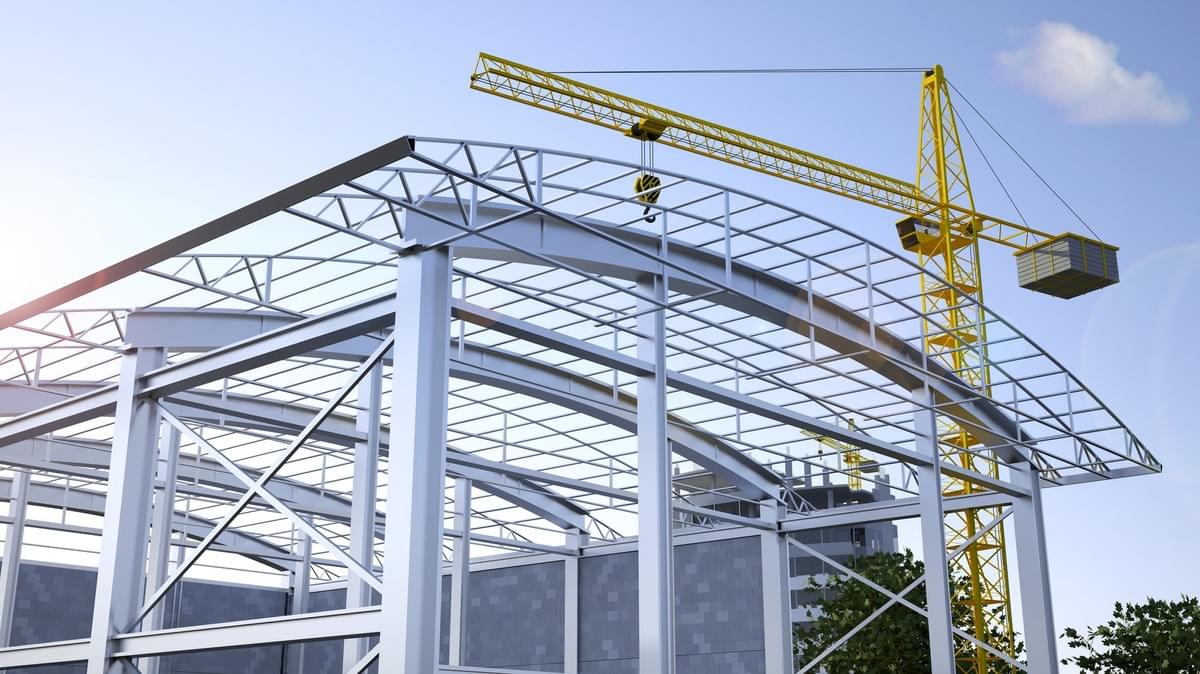
Metal building kits offer a versatile and cost-effective solution for a wide range of construction needs, from residential garages to commercial warehouses. When selecting a metal building kit, it's essential to consider various factors to ensure you choose the right option for your specific requirements. Here are some valuable tips to help you navigate the selection process effectively.
Research and Vendor Reputation
Begin your search for a metal building kit by conducting thorough research on different vendors and manufacturers. Explore their websites, customer reviews, and testimonials to gauge their reputation and track record of customer satisfaction. Look for vendors with a solid reputation for quality products, excellent customer service, and timely delivery.
Building Requirements and Purpose
Consider your specific building requirements and intended use when selecting a metal building kit. Determine the size, layout, and features needed to accommodate your needs, whether you're building a storage facility, workshop, or residential space. Assess factors such as ceiling height, door configurations, insulation options, and ventilation to ensure the kit meets your functional and aesthetic preferences.
Design and Customization Options
Evaluate the design and customization options offered by different metal building kit manufacturers. Look for vendors that provide a variety of building styles, colors, finishes, and accessories to suit your preferences and match your existing structures or surroundings. Consider whether the vendor offers customization services to tailor the kit to your specific requirements and design preferences.
Material Quality and Durability
Assess the quality of materials used in the construction of the Metal building kits California to ensure durability and longevity. Look for kits made from high-quality, corrosion-resistant steel or aluminum that can withstand harsh weather conditions and environmental factors. Inquire about the gauge of the metal panels, framing components, and fasteners used to ensure structural integrity and long-term reliability.
Engineering and Code Compliance
Verify that the metal building kit complies with local building codes, zoning regulations, and engineering standards before making a purchase. Choose a vendor that provides engineering drawings and documentation to facilitate the permitting process and ensure compliance with regulatory requirements. Confirm that the kit includes all necessary components and accessories to meet building code standards for your area.
Ease of Assembly and Installation
Consider the ease of assembly and installation when selecting a metal building kit, especially if you plan to handle the construction yourself or hire a contractor. Look for kits with pre-engineered components and straightforward assembly instructions to simplify the construction process and minimize labor costs. Assess the level of skill and equipment required to assemble the kit and determine whether it aligns with your capabilities and resources.
Warranty and After-Sales Support
Review the warranty terms and after-sales support offered by the metal building kit manufacturer to protect your investment and ensure peace of mind. Choose a vendor that stands behind their products with comprehensive warranties covering materials, workmanship, and structural integrity. Inquire about the availability of technical support, replacement parts, and repair services to address any issues or concerns that may arise after installation.
Cost and Budget Considerations
Establish a budget for your metal building project and compare pricing options from different vendors to find the best value for your investment. Consider not only the upfront cost of the kit but also factors such as shipping fees, taxes, permits, and construction expenses. Evaluate the long-term cost savings associated with durable materials, energy-efficient features, and low maintenance requirements to determine the overall value of the kit.
Customer Service and Communication
Choose a metal building kit vendor that prioritizes customer service and communication throughout the purchasing process. Look for vendors that are responsive to inquiries, provide detailed product information, and offer personalized assistance to help you make informed decisions. Consider the level of support and communication provided from initial inquiry through delivery, installation, and beyond to ensure a positive customer experience.